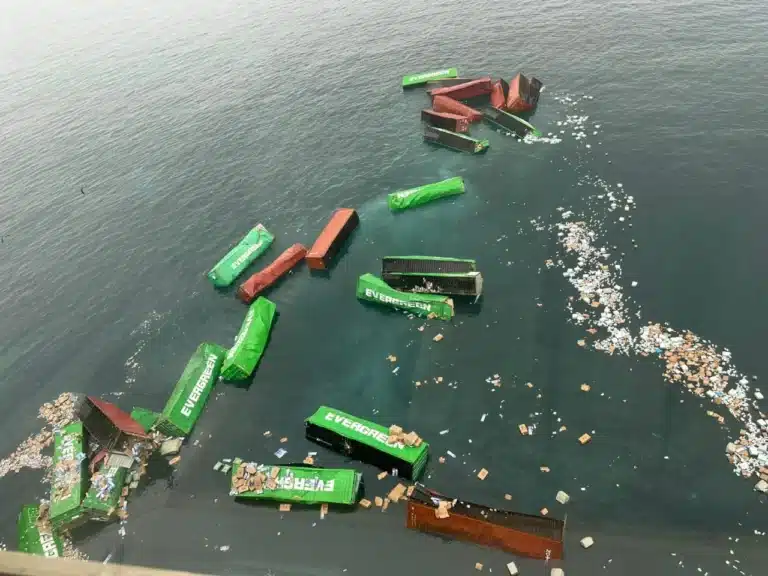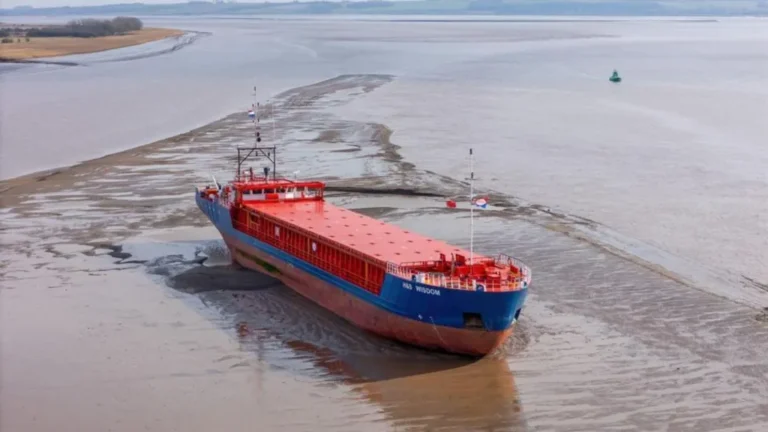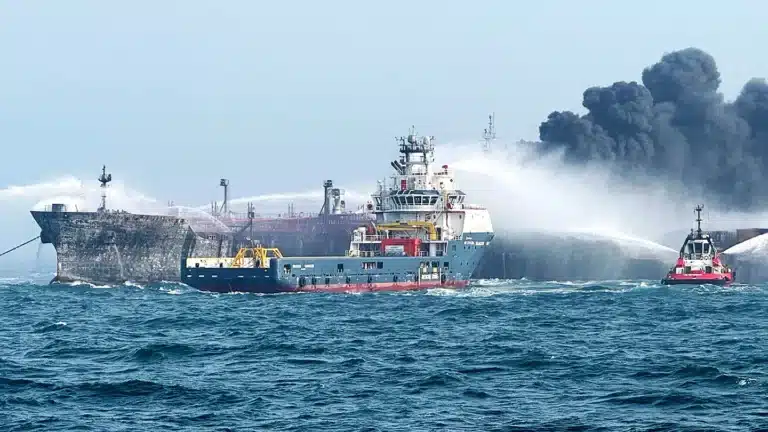A Catastrophic Maritime Incident Unfolds
The Black Sea faces a severe environmental threat following the sinking of two Russian tankers in the Kerch Strait on December 15, 2024. This maritime catastrophe marks another significant ecological challenge in a region already devastated by ongoing conflict and environmental degradation.
Detailed Incident Overview
The two vessels, both operated by the Russian company Volgotanker, succumbed to severe weather conditions in a critical maritime corridor. The Volgoneft-212, a 55-year-old tanker, dramatically split in half, while the Volgoneft-239 ran aground in the same treacherous area. Together, these vessels were carrying approximately 9,200 tonnes of fuel oil, primarily low-grade heavy fuel destined for the Russian navy.
Historical Context of Maritime Challenges
The Kerch Strait has a troubling history of maritime incidents. In 2007, a similar disaster occurred when the Volgoneft-139 spilled over 1,300 tonnes of oil, causing widespread environmental damage that persisted for years. The current incident eerily echoes this past ecological catastrophe, raising serious questions about maritime safety and vessel maintenance.

Rescue and Immediate Response
Russian emergency services launched an extensive rescue operation, deploying multiple resources including tugboats and helicopters. More than 50 personnel were involved in the critical mission, which resulted in the rescue of most crew members. Tragically, one crew member lost their life during the incident, underscoring the perilous nature of maritime operations in challenging conditions.
International and Environmental Implications
Environmental experts have expressed grave concerns about the potential long-term impact. Paul Johnston from Greenpeace Research Laboratories warned of the severe consequences of the heavy residual fuel oil spill. The type of oil involved threatens to cause significant and potentially long-lasting damage to marine habitats, with the potential to foul shorelines and disrupt delicate marine ecosystems.
Geopolitical and Ecological Context
The incident occurs against a backdrop of ongoing conflict and environmental stress in the region. Since the 2022 Russian invasion of Ukraine, the Black Sea has experienced substantial ecological disruption. Military activities have already caused significant damage, with scientists documenting alarming declines in marine life populations, including dolphins, molluscs, and crustaceans.
Political Responses and Accusations
Ukrainian officials have been quick to criticize Russia’s maritime practices. Dmytro Pletenchuk, Ukraine’s navy spokesperson, condemned the operation of aging vessels in dangerous conditions, describing the incident as a “reckless” act. The incident has further heightened tensions in a region already marked by significant geopolitical conflict.
Broader Maritime Safety Concerns
The sinking highlights ongoing concerns about maritime safety, particularly in regions with challenging environmental conditions. While the tankers involved do not appear to be part of the so-called “ghost fleet” of poorly maintained vessels, the incident raises critical questions about the safety of aging maritime infrastructure.
Potential Environmental Consequences
Experts predict the environmental impact could be substantial. The heavy fuel oil threatens to cause extensive damage to marine ecosystems, potentially contaminating shorelines and disrupting marine life for years to come. The priority remains minimizing further spillage and preventing prolonged leakage of oil and petrochemicals.
Conclusion: A Continuing Environmental Challenge
This maritime disaster represents more than just a singular incident. It is a stark reminder of the ongoing environmental vulnerabilities in the Black Sea region, exacerbated by conflict, aging infrastructure, and increasingly challenging maritime conditions.
As investigations continue and cleanup efforts begin, the incident serves as a critical call for improved maritime safety, environmental protection, and responsible vessel management in one of the world’s most strategically important maritime regions.
Professional Maritime Support Services
For organizations and stakeholders seeking expert maritime assessment and support in similar critical scenarios, Qualitas Marine Surveyors (QMS) offers specialized services tailored to maritime emergencies:
Damage Survey Services QMS provides comprehensive damage assessment capabilities, including:
- Precise cause and extent identification of maritime incidents
- Detailed repair specifications and cost estimation
- Expert representation during repair and recovery processes
Marine Salvage and Wreck Removal Our maritime consultants specialize in:
- Crisis management and risk mitigation
- Operational planning for emergency responses
- Competitive cargo and equipment salvage strategies
With our commitment to excellence and industry-leading expertise, Qualitas Marine Surveyors stands ready to support maritime operations in navigating complex challenges and minimizing potential environmental and economic risks.



